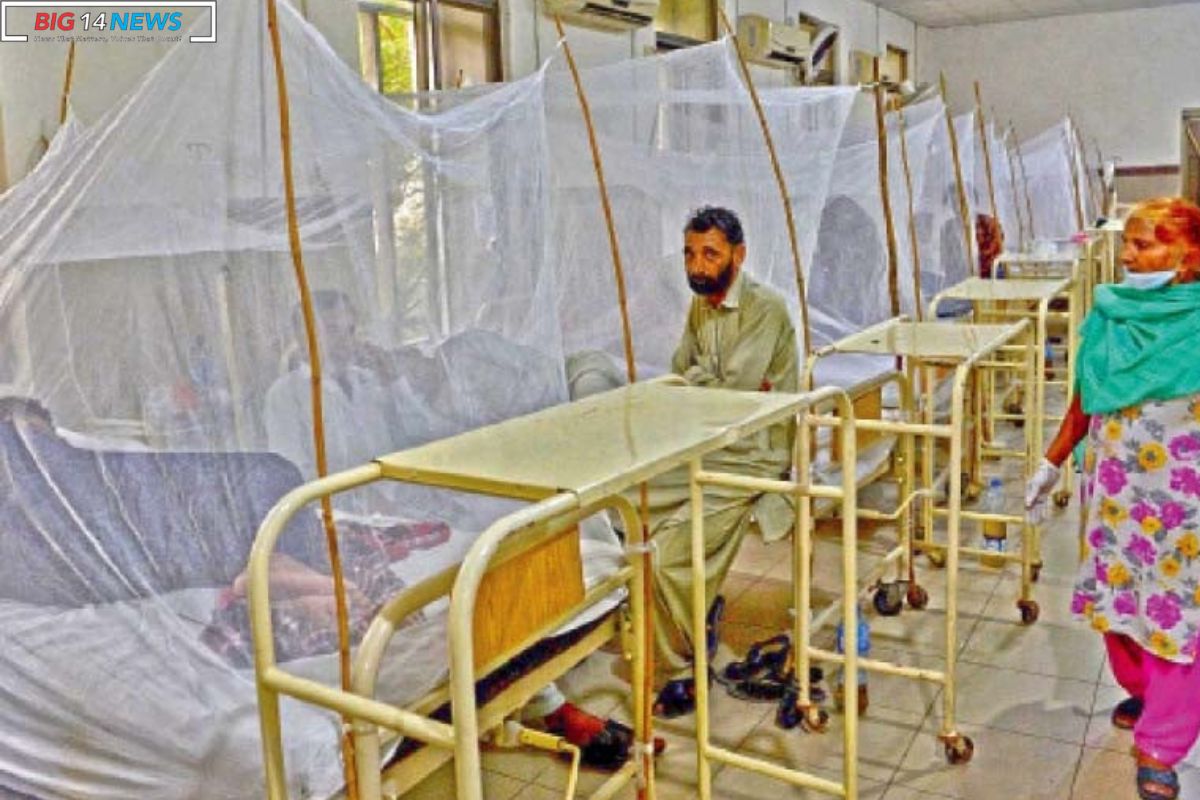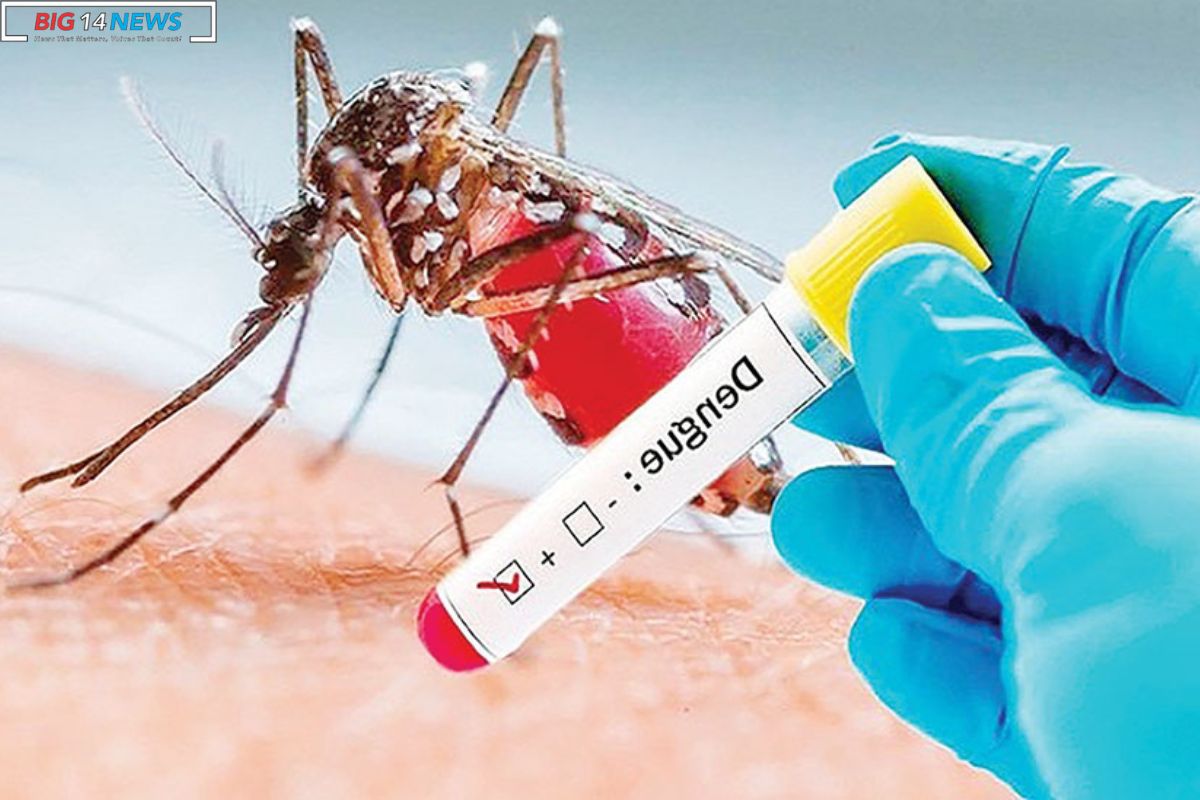Dengue Control Fails: The Sindh Health Department terminated the contracts of 53 workers in the Dengue Control and Prevention Program in June 2023. This puts the city at risk of a disease outbreak. The program ends when a new serotype variant of the dengue virus is found, raising concerns about handling the disease in Karachi. Dr. Saeed Khan, in charge of molecular pathology at Dow University of Health Sciences, warned of increased dengue cases due to the new version. The program’s data indicate a concerning trend: 6,739 cases and 28 deaths in 2021 and 23,274 cases and 62 deaths in 2022. From January to August this year, there have been 861 cases.
Irfan Abro, the Administrative Officer, said workers were fired due to the merger of Dengue and Malaria Control Programs into the Vector-Borne Disease Program in 2020. The budget for fighting dengue has increased from Rs 50.8 million to Rs 61.6 million, but this move is strange.
“Ironically, the dengue prevention budget keeps increasing despite no help for the people,” Abro said. Between 2022 and 2023, surveys in Karachi found mosquito hotspots in popular areas like Karachi East, Gulshan Iqbal, and Lyari. A fired worker went to court for unpaid wages. “We contacted the program’s director about our contracts and payment but were informed that our jobs had ended,” the employee said.


ALSO READ: Dengue Cases Rise in Broward County: Florida Mosquito-Borne Illness Watch Initiated
In 2013, the Dengue Control and Prevention Program had 63 employees responsible for fogging operations in Karachi. In 2017, the department switched to temporary contracts, resulting in a decline in morale and workforce. By 2020, 10 workers had quit, including Abdul Quddus, the field supervisor. “I hadn’t been paid in months, so I quit,” Quddus said. In 2020, Sikander Hussain Shah, Yunus, and Saad Aslam quit for similar reasons. Dr. Mushtaq Shah, in charge of the Dengue Control and Prevention Program, stated that fogging is the responsibility of District Health Officers from KMC and DMC.
Dengue control in Karachi is at a record low, and the mass termination raises questions about the Health Department’s commitment to fighting the rising cases and deaths from the disease. With rising budgets but declining staff numbers and morale, the city remains at high risk for a dengue outbreak, and people are preparing for a potential public health crisis.
Also Read: Special Ops Lioness Finale: The Intricacies of the Yacht Extraction Scene, Explained
Our Reader’s Queries
What are the challenges of dengue control?
Vector control methods in India are limited to insecticide use and community clean-up efforts, which have had minimal success in controlling dengue. There are various issues such as cost, delivery, insecticide resistance, sustainability, and environmental safety that need to be addressed.
Why is dengue hard to control?
The possibility of dengue outbreaks is concerning because there is no immunization for dengue, and no particular antiviral drugs have proved to be successful in treating it. Dengue is a challenging illness because it is triggered by any of four closely linked flaviviruses.
Why is it unable to eradicate dengue?
Eradicating dengue is tough because there are lots of hidden breeding spots that can’t be removed. We need a vaccine or to get rid of all breeding spots to wipe out the disease completely.
What can be destroyed for dengue control?
The best way to prevent dengue infections in humans is by minimizing contact with the mosquitoes that transmit the virus, since there isn’t a reliable vaccine available yet. One approach is to manage the environment by getting rid of the places where Aedes aegypti mosquitoes lay their eggs. This helps to reduce the risk of dengue transmission.

